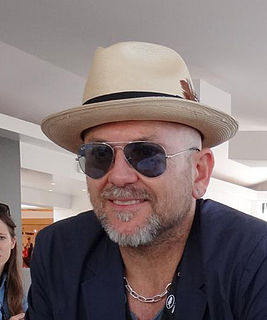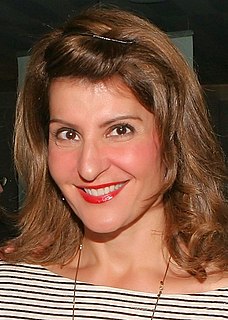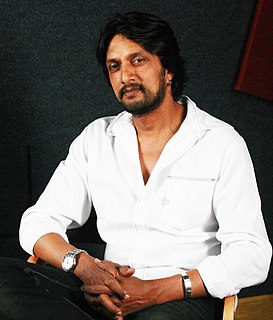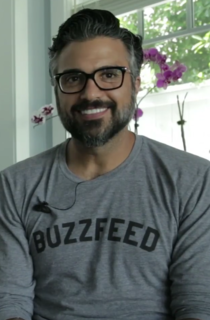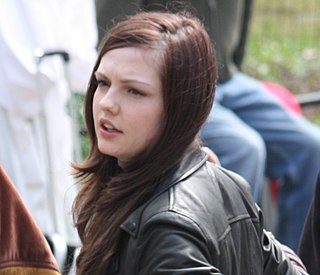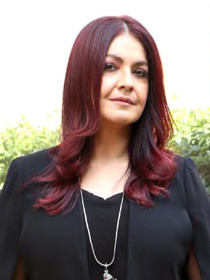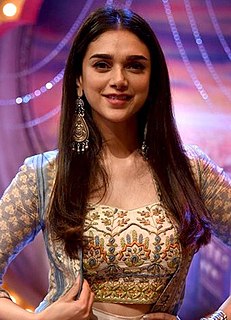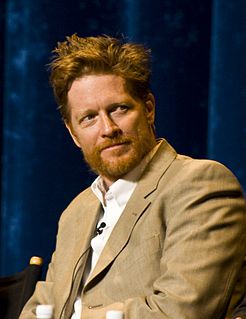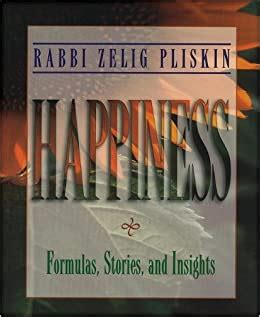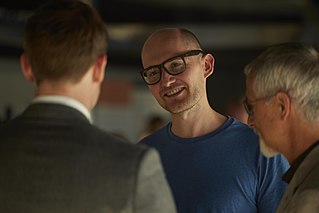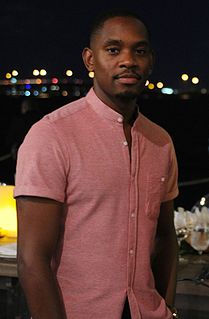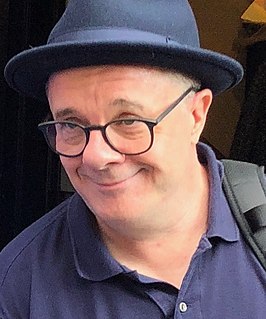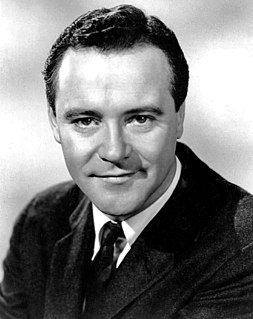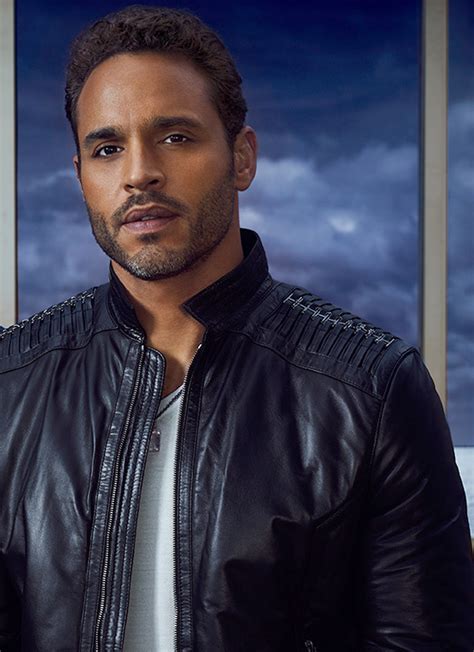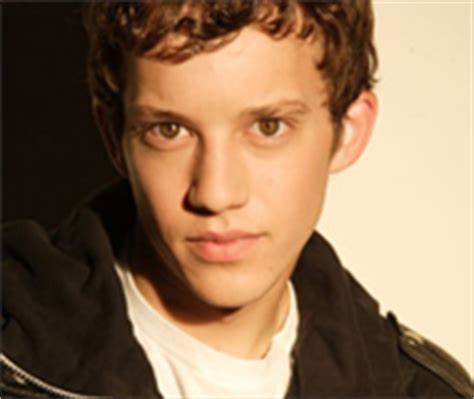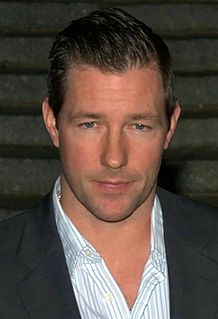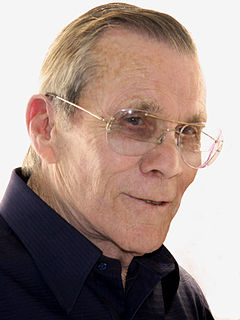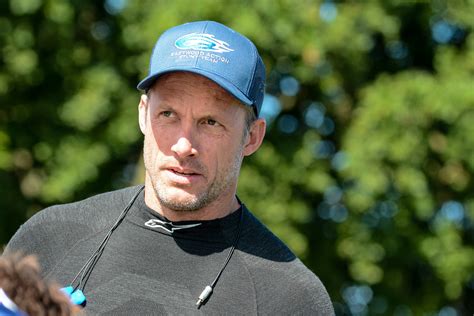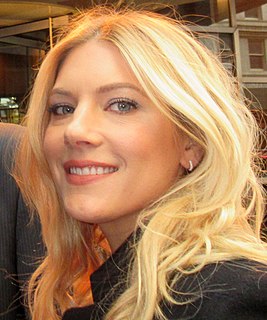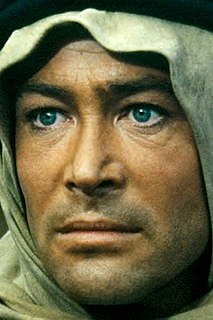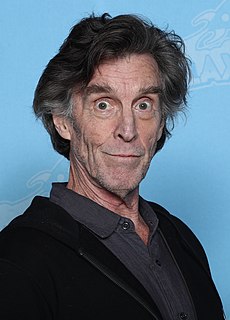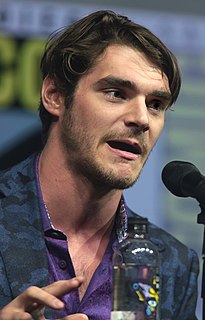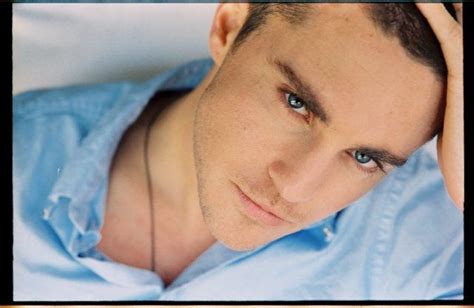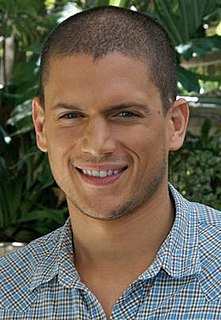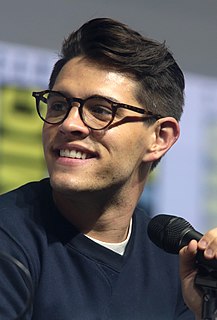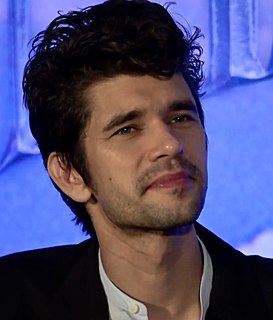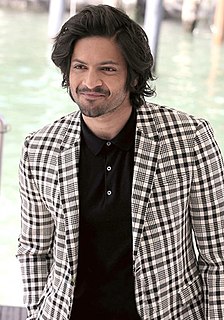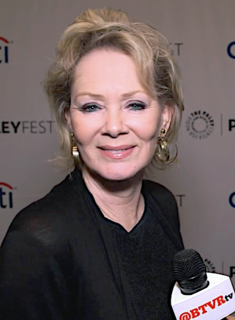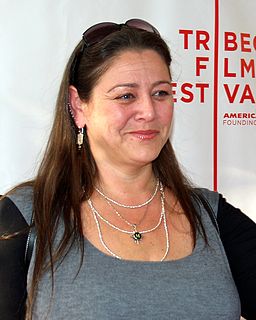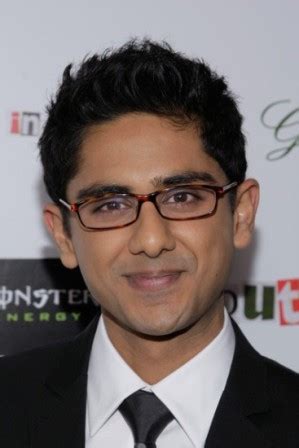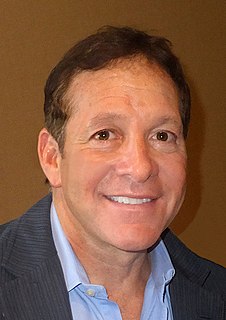Top 1200 Character Actors Quotes & Sayings - Page 13
Explore popular Character Actors quotes.
Last updated on November 15, 2024.
The script that I fell in love with and adored was 'Jane the Virgin'... but every line in the pilot was essentially, 'Why did you keep my daughter a secret all of these years?' I didn't know any direction my character was going - was it going to be a dramatic character, a comedic character? - I didn't know.
Part of an actor's job is to actually adopt the world-view of the character she is playing and to tell the story from that vantage point. If an actor represses large aspects of their personality, they will have a severely limited range and castability. Great actors cultivate effortless access to their subpersonalities. Many acting teachers call this 'freeing your instrument.'
Often you find actors have big hearts; they're quite emotional people. Talking to actors who date other actors, and talking to people who deal with other actors, they often get emotionally caught up in lots of different things. They often wear their hearts on their sleeves. They feel things quite a lot - often to the nth degree, which I can imagine could make it quite difficult to date some of us. I think it's about having an emotional availability that you can kind of draw on. But I'm also searching for that. I'll be searching for the answer to that question for the rest of my life.
I don’t think that actors are necessarily any more uncomfortable in their skin than anyone else. I suppose I feel more comfortable in my skin now, but you’re always playing a character, aren’t you? You tell different versions of yourself to different people and vice versa. Here, or in the photo shoot or wherever, it’s a representation of you. It’s not you-you. That’s how you get through it.
Television is a completely different industry now. It's just extraordinary. It's so wonderful, because there's more interesting product. It attracts the best writers and directors. And one thing that's really interesting about it is that it used to be, if you were on a big network show, like it or not, you were a household face and name. And believe it or not, not all actors like that. That's not their goal. They just like being actors. And there are so many actors that are on hit shows that I have never seen, I've never heard.
You need as much ballast as possible to stop you from floating away; you need people around you, things going on, otherwise life is like some film where the money ran out, and there are no sets, or locations, or supporting actors, and it's just one bloke on his own staring into the camera with nothing to do and nobody to speak to, and who'd believe in this character then?

